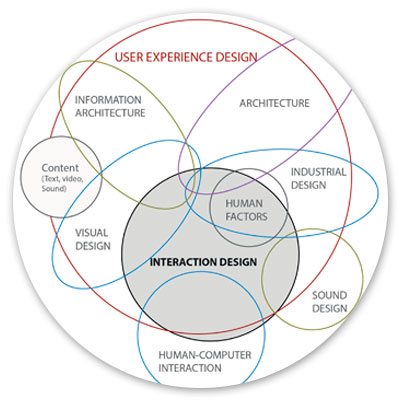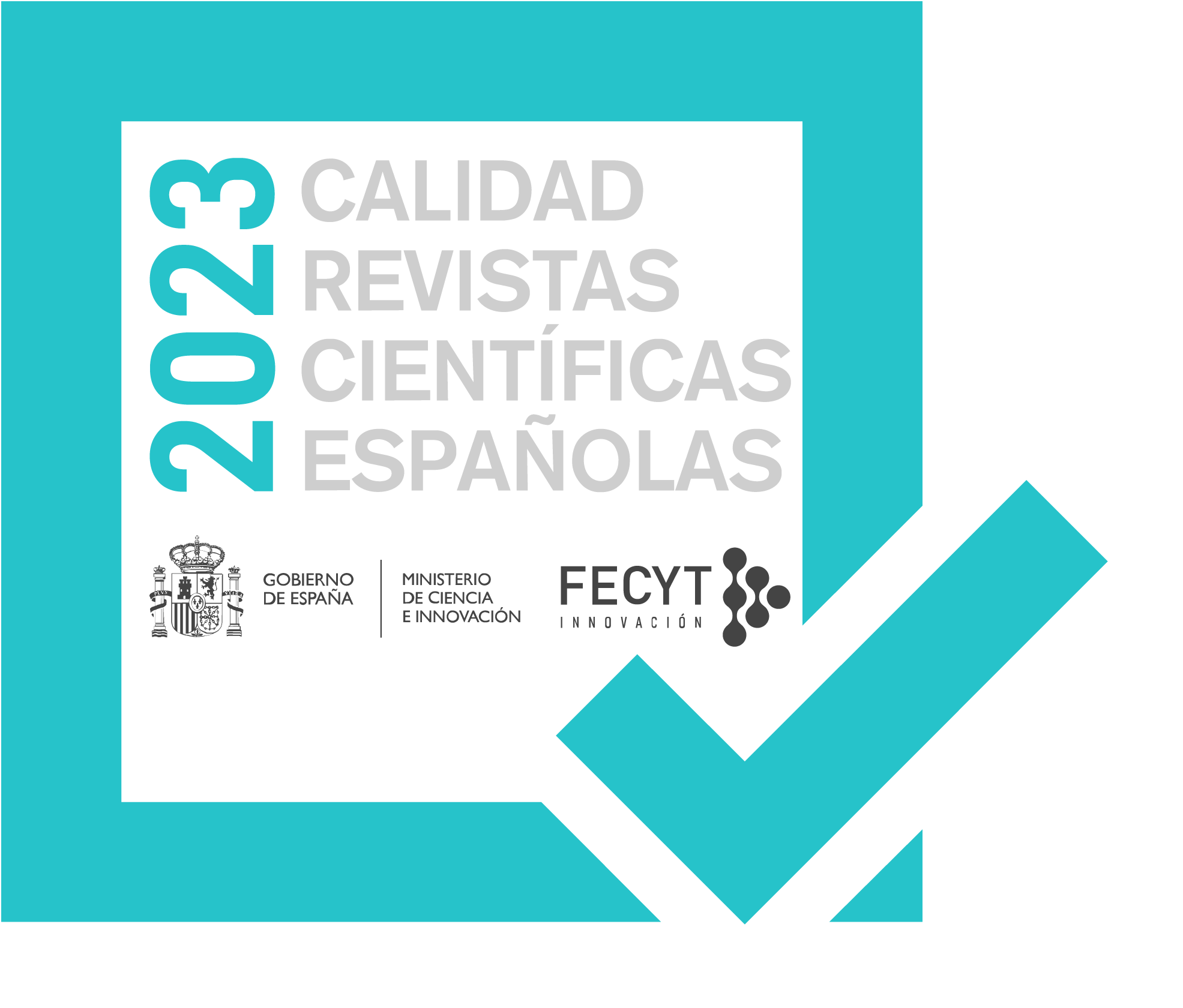From User to Citizen
A review of user-based design development methodologies from digital humanities perspective
DOI:
https://doi.org/10.24310/Idiseno.2021.v16i.12806Keywords:
Design, User eXperience UX, Centered User design, Digital Humanism, Citizenships, Users.Abstract
The world’s environmental crisis and the social crisis brewed in diverse geographical positions around the world point directly at the global economic model that has been unable to balance productivity with sustainability and has demonstrated to be incapable to bridge the poverty gap that condemns multiple social sectors in a human defenseless state. As being part of the productive gear of global economies, it is inevitable that Design’s methodological actions fall under criticism and is demanded to take responsibility that allows it to contribute to the environmental and social urgency state. The following article proposes a review of Design methodologies based on user modeling under the conceptual framework given by Digital Humanism. This framework invites human beings to think from a citizen perspective based on rights. We look into the implications of users thinking as citizens under the frame of these methodologies.
Downloads
Metrics
References
Actis Di Pasquale, E. (2017). «Las dimensiones constitutivas del bienestar social: una propuesta conceptual». Trabajo y Sociedad, 493-515.
Bonsiepe, G. (1998). Del Objeto a la interfase. Buenos Aires: Ediciones Infinito.
Castro, A. R. (2013). «Las Humanidades Digitales: principios, valores y prácticas». Janus: Estudios sobre el siglo de oro, 74-99.
Dahlgren, P. (2006). «The Internet, Public Spheres, and Political The Internet, Public Spheres, and Political». Political Communication, 147-162.
Daly, H. (1996). Beoynd Growth. Boston: MA: Beacon.
Garret, J. (2011). The Elements of User Xperience. San Francisco: New Riders.
Heidegger, M. (2020). Ser y Tiempo. Madrid: Trotta S.A.
Long, N. (2004). Devolopment sociology. Actors Perspectives. London: Taylor & Francis.
Nuñez Rivero, C., & Aular Viamonte, L. (2013). «El humanismo contemporáneo como fuente y fundamento de los derechos fundamentales». Revista de Derecho UNED, 667-688.
Olcese Santonja, A. (2009). El Capitalismo Humanista. Madrid: Marcial Pons.
Ottaviano, C. (2015). «Pedagogía del oprimido comunicacional». En A. Eliades, Dere¬cho a la comunicación y 30 años de democracia (págs. 15-34). Buenos Aires: Edulp.
Russell, I. G. (11 de Julio de 2011). «¿Qué son las Humanidades Digitales?». Revista Digital Universitaria —Tecnologías de Información y Comunicación— UNAM, 12(7). Obtenido de http://www.revista.unam.mx/vol.12/num7/art68/index.html
Saffer, D. (2010). Designing for Interaction. Berkeley: New Riders.
Schumacher , E. (1978). Lo pequeño es hermoso. Hoshiko.
Schwab, K. (2016). La cuarta revolución industrial. DEBATE.
Uranga, W. (2013). «Comunicación: En la encrucijada de la construcción ciudadana». Intersecciones en Comunicación, 11-39.
Valencia Vásquez, E. (2006). «Principios de Economía Humanista». Economía y So¬ciedad, Nº 29 , 5-26.

Downloads
Published
How to Cite
Issue
Section
License
Aquellos autores/as que tengan publicaciones con esta revista, aceptan los términos siguientes:- Los autores/as conservarán sus derechos de autor y garantizarán a la revista el derecho de primera publicación de su obra, el cuál estará simultáneamente sujeto a la Licencia de reconocimiento de Creative Commons que permite a terceros compartir la obra siempre que se indique su autor y su primera publicación esta revista.
- Los autores/as podrán adoptar otros acuerdos de licencia no exclusiva de distribución de la versión de la obra publicada (p. ej.: depositarla en un archivo telemático institucional o publicarla en un volumen monográfico) siempre que se indique la publicación inicial en esta revista.
- Se permite y recomienda a los autores/as difundir su obra a través de Internet (p. ej.: en archivos telemáticos institucionales o en su página web) antes y durante el proceso de envío, lo cual puede producir intercambios interesantes y aumentar las citas de la obra publicada. (Véase El efecto del acceso abierto).






14.png)



